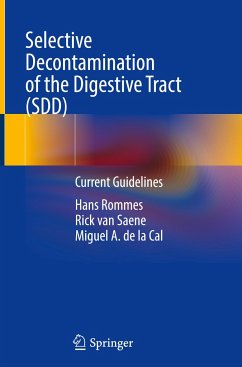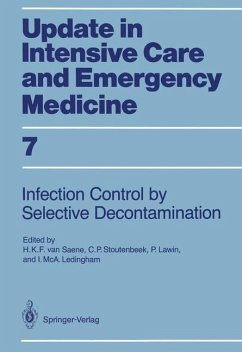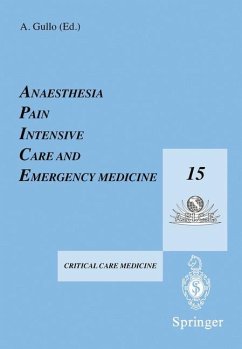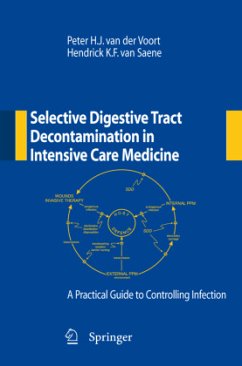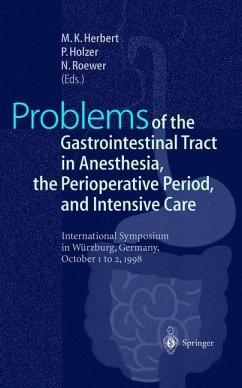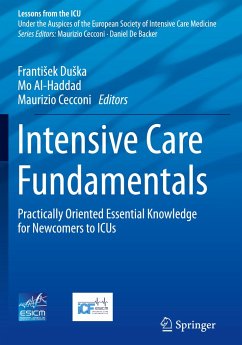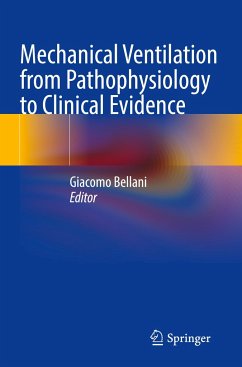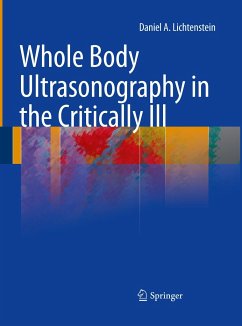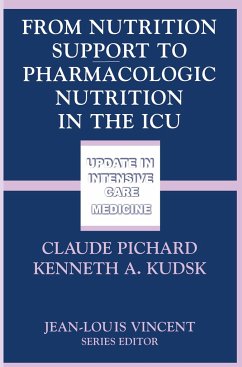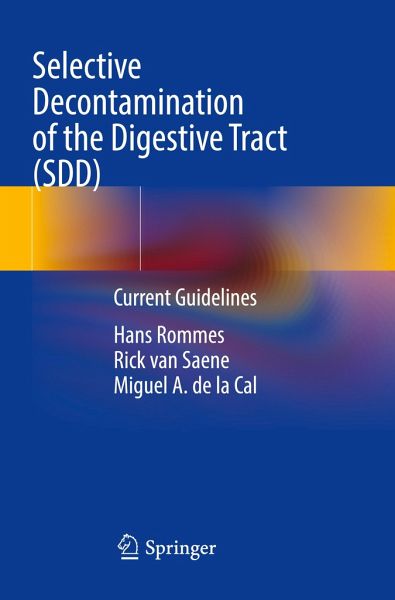
Selective Decontamination of the Digestive Tract (SDD)
Current Guidelines
Versandkostenfrei!
Versandfertig in 6-10 Tagen
74,89 €
inkl. MwSt.
Weitere Ausgaben:

PAYBACK Punkte
0 °P sammeln!
This book explains the basic concepts of Selective Decontamination of the Digestive tract (SDD) to help those involved in treating critically ill patients to improve outcomes and the quality of care.SDD has led to major changes in our understanding, the treatment and prevention of infections in critically ill patients over the past 40 years. It is the most studied intervention in intensive care medicine and is the subject of 73 randomized controlled trials, including over 15000 patients and 15 meta-analyses. SDD reduces morbidity and mortality, is cost-effective and safe as SDD does not increa...
This book explains the basic concepts of Selective Decontamination of the Digestive tract (SDD) to help those involved in treating critically ill patients to improve outcomes and the quality of care.
SDD has led to major changes in our understanding, the treatment and prevention of infections in critically ill patients over the past 40 years. It is the most studied intervention in intensive care medicine and is the subject of 73 randomized controlled trials, including over 15000 patients and 15 meta-analyses. SDD reduces morbidity and mortality, is cost-effective and safe as SDD does not increase antimicrobial resistance. Correct application of the SDD strategy enables ICU teams to control infections - even in ICUs with endemic antibiotic resistant microorganisms such as methicillin resistant S. aureus (MRSA).
Describing the concept and application of SDD, and presenting case studies and microbiological flow charts, this practical guide will appeal to intensivists, critical care practitioners, junior doctors, microbiologists and ICU-nurses as well as infection control specialists and pharmacists.
SDD has led to major changes in our understanding, the treatment and prevention of infections in critically ill patients over the past 40 years. It is the most studied intervention in intensive care medicine and is the subject of 73 randomized controlled trials, including over 15000 patients and 15 meta-analyses. SDD reduces morbidity and mortality, is cost-effective and safe as SDD does not increase antimicrobial resistance. Correct application of the SDD strategy enables ICU teams to control infections - even in ICUs with endemic antibiotic resistant microorganisms such as methicillin resistant S. aureus (MRSA).
Describing the concept and application of SDD, and presenting case studies and microbiological flow charts, this practical guide will appeal to intensivists, critical care practitioners, junior doctors, microbiologists and ICU-nurses as well as infection control specialists and pharmacists.



